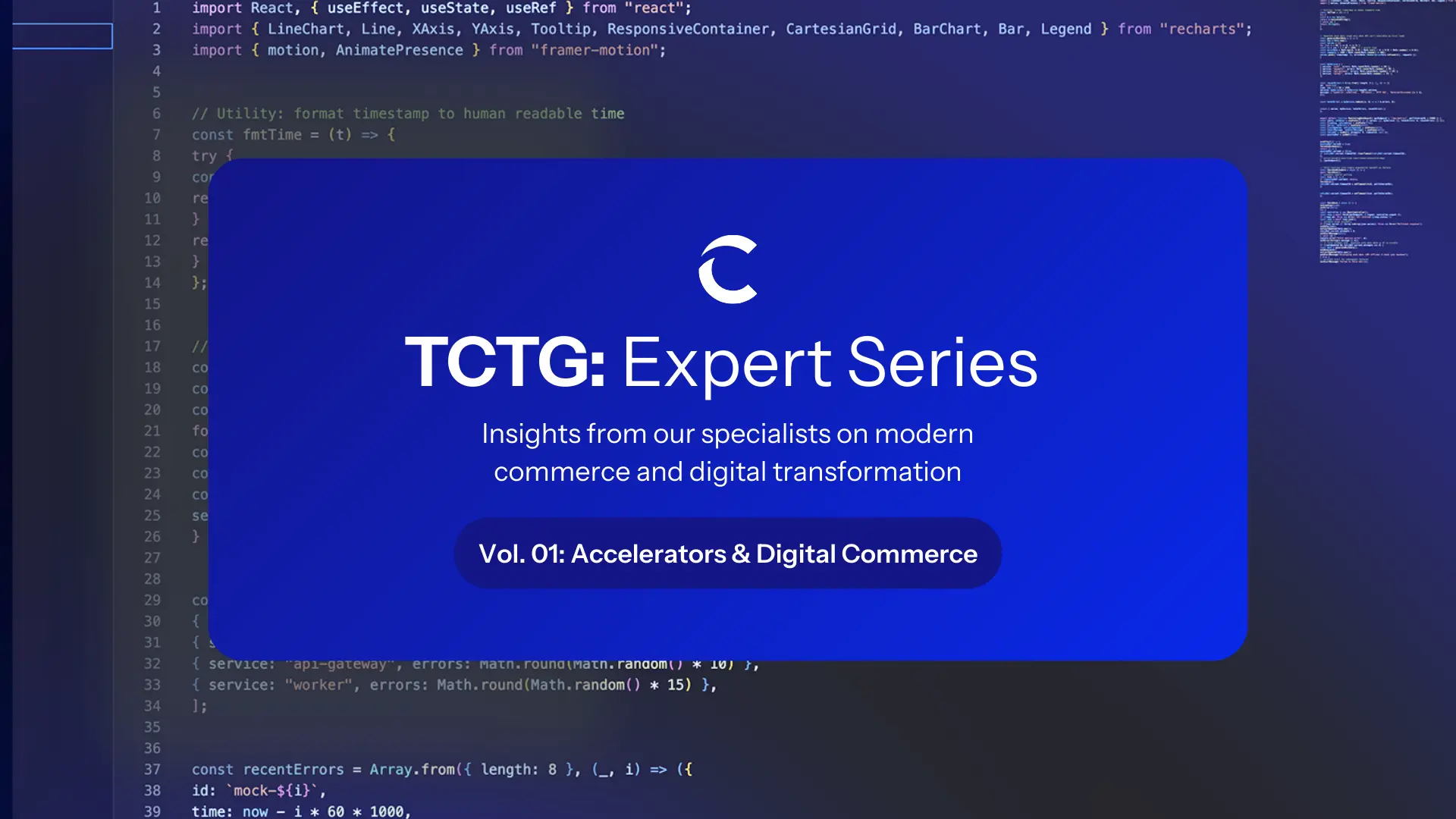
What Is The Right E-commerce Platform For Me?
Choosing the right e-commerce platform is crucial for your online business. The right platform can help you sell your products effectively and grow your business. Here is a comprehensive guide to help you make an informed decision.
1. Define Your Needs & Scope – understand what you want before you start
Whether it is a new business or a migration from a legacy system, the same principles apply. Identify the specific needs of your business.
First and foremost, what is the objective of the new site? Use data and analytics to understand what doesn’t currently work
Performance, architecture change eg headless, increased functionality and the list goes on.
Whilst establishing the scope, define what success looks like and define the KPIs
What is your target market & customer experience?
Here are some steps to ifnd out:
- Conduct a functional GAP analysis.
- Assess what the existing functionality of your website is.
- Set the desired list of functionalities you must have to launch.
Answering these questions will provide a clear understanding of your requirements and avoid getting trapped in the shiny new tech that is available.
2. Budget: define a solution that matches the investment
The cost of e-commerce platforms varies greatly. Make sure to factor in all costs such as platform fees, transaction fees, add-on features, web hosting and design. Choose a platform that fits within your budget but also satisfies your business needs, a good integration partner will support and advise on a tech stack that meets your needs as well as your budget.
3. User Experience: simplicity is often the best option
The platform you choose should offer a seamless and intuitive user experience. This includes easy navigation, mobile-friendly design, quick load times, and an easy checkout process. Don’t forget the end user and what works, rather than change for sake of it. Avoid a vanity project.
4. Customisation: one solution doesn’t fit all
The ability to customise your online store is vital to represent your brand effectively. Ensure the platform is customisable from a front and back-end perspective and the integration partner understands the complexity. Try and stick to the 80/20 rule of customisation to avoid creating a whole new e-commerce solution. There are strong reasons why e-commerce platforms have spent millions in creating their solutions. Avoid customising a new solution to accommodate old legacy systems.
5. SEO: simple! Migration, redirects, mark up and performance
The platform should have strong SEO capabilities to ensure you are visible in the search eco system. Ensure the basics are covered this includes customisable H1, title and meta tags, URL structures, and rich snippets. And critical to this – performance! Ensure the project plan includes Google CWV testing as well as other performance measurements tools.
6. Integration: understand the plan
The platform should easily integrate with other systems and tools such as email marketing software, payment gateways, shipping providers and social media platforms. Most platform have pre built integrations or apps and extensions. Choose the right solutions and work with your integration partner to control the scope.
7. Scalability: does the solution match your growth?
Your e-commerce platform should be able to grow with your business. Check whether the platform can handle increased traffic, product numbers, and order volumes.
8. Security: ensure your solution isn’t vulnerable
Ensure the platform is secure and PCI (Payment Card Industry) compliant. Customers need to feel confident that their personal and financial details are safe. Understand potential threats and the various tests that are available to mitigate them.
9. Customer Support: engage the team from the start
Ensure the platform has strong customer support that's accessible through multiple channels such as email, phone, live chat, or community forums. Engage the customer support team throughout the process – they are the closest contact to the end user.
10. Business Readiness: communication and preparation, don’t expect it to be seamless
Is your business ready to adopt the new technology? This can often be the biggest challenge. Manage the Business Change effectively and ensure engagement across the business.
Summary:
Remember, there's no one-size-fits-all e-commerce platform. The best platform for you depends on your unique business needs, budget, and growth goals. Take the time to thoroughly research your options and choose an integration partner to support your decision making.
The Commerce Team Global will happily discuss your business requirements and challenges you may face, and provide a digital assessment of your site to understand and recommend the right solution for your business. Please contact info@thecommerceteam.com.

.webp)

